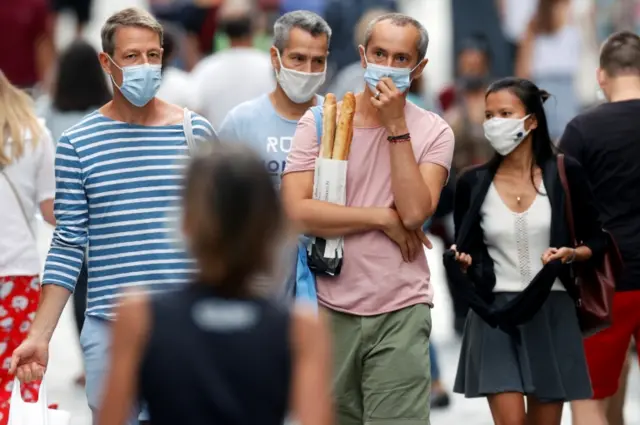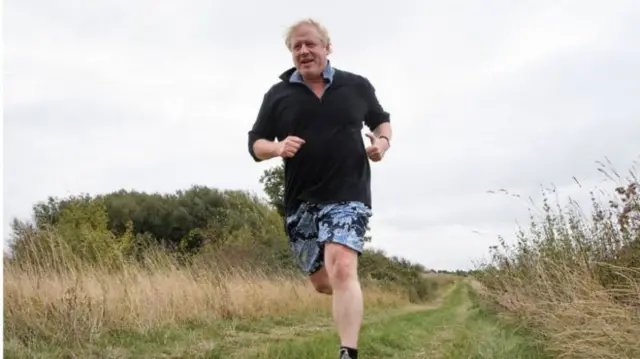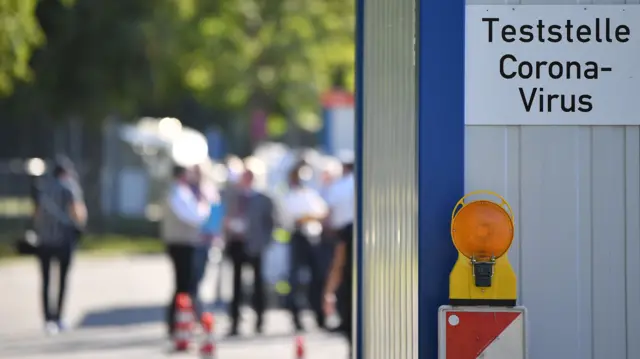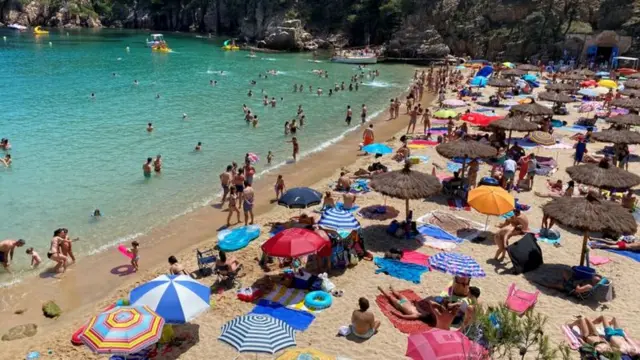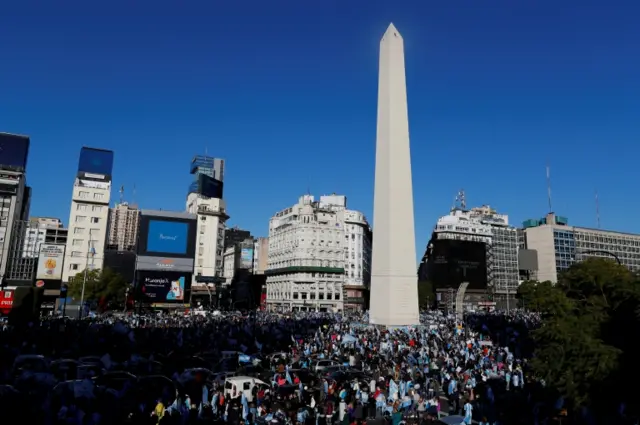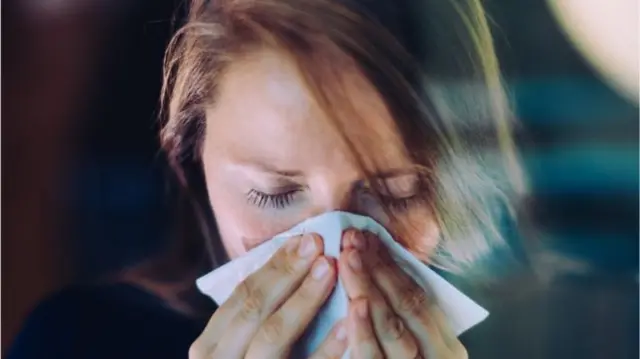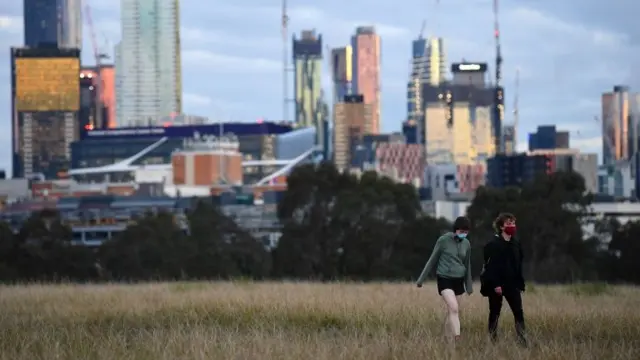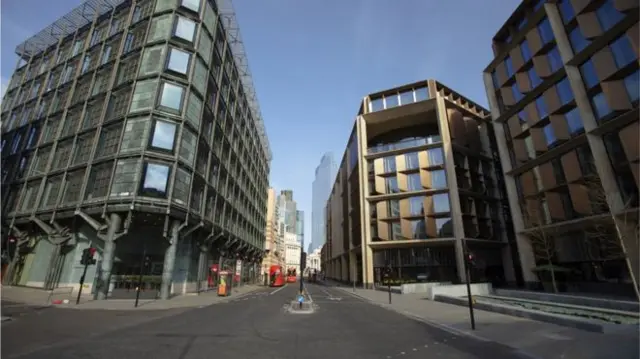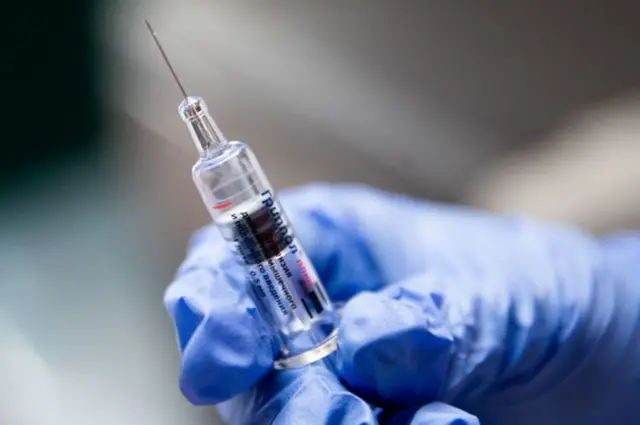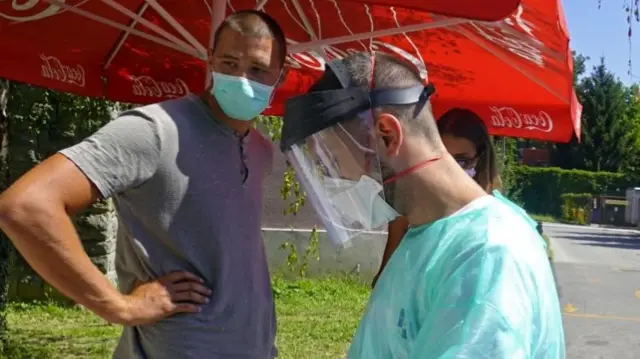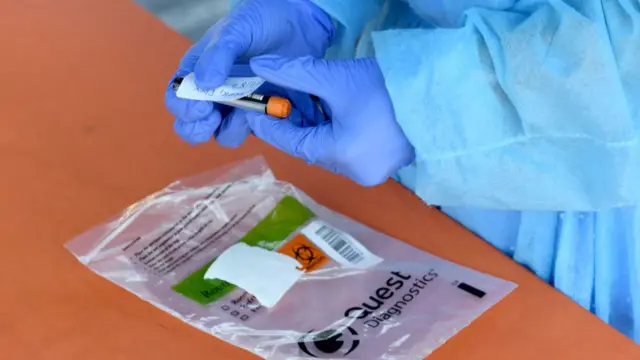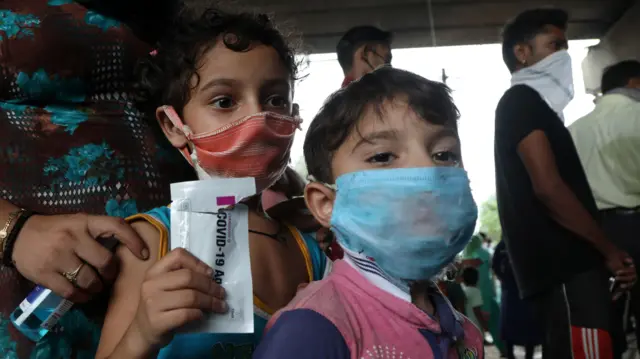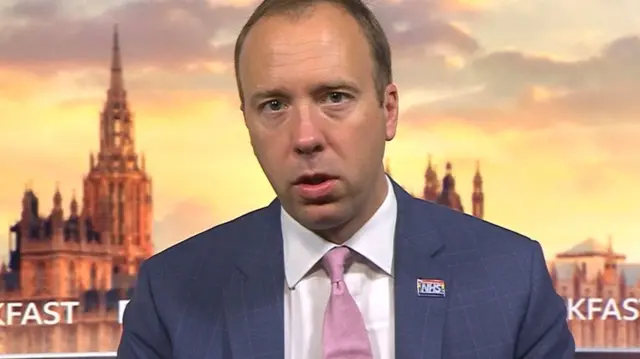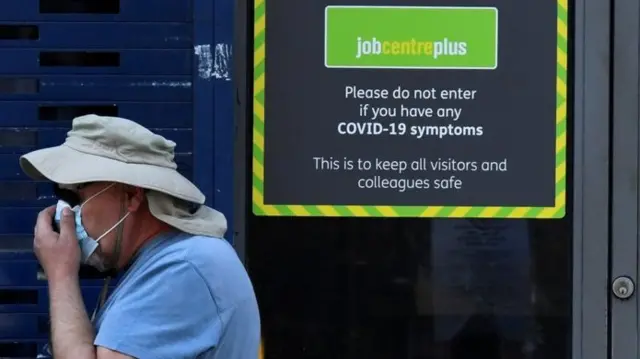Assaults on emergency workers up by a third in England and Walespublished at 11:51 BST 27 August 2020
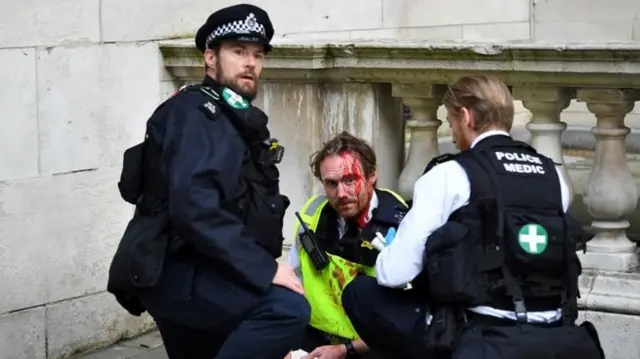 Image source, Reuters
Image source, ReutersAssaults on emergency workers in England and Wales increased by almost a third in July compared to the same period last year, new figures show.
The National Police Chiefs’ Council (NPCC) chairman, Martin Hewitt, says he was “disgusted” by the rise, which occurred during the four weeks to 2 August.
Police figures suggest crime is slowly returning to pre-lockdown levels with forces registering a 7% decline during the four weeks, which is lower than the reduction in the previous three months.
Separately, the NPCC says 46 fixed penalty fines have been imposed on people who refused to wear a face mask - 38 on public transport and eight in a shop.
Three fines were issued by police to those who failed to self-isolate after arriving in England from overseas.
